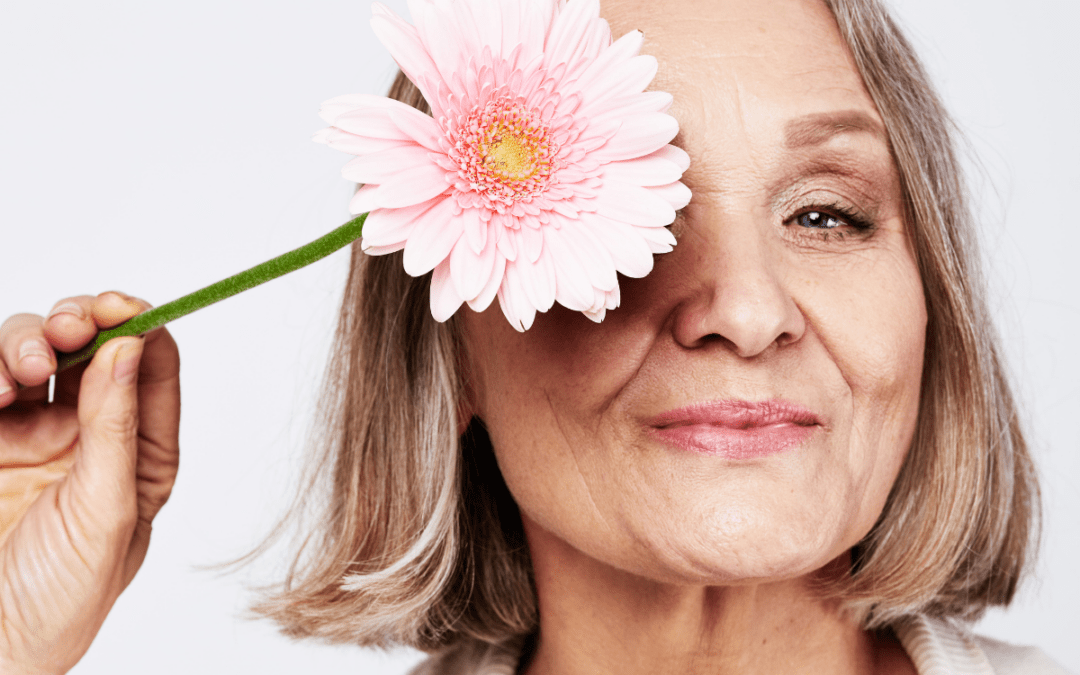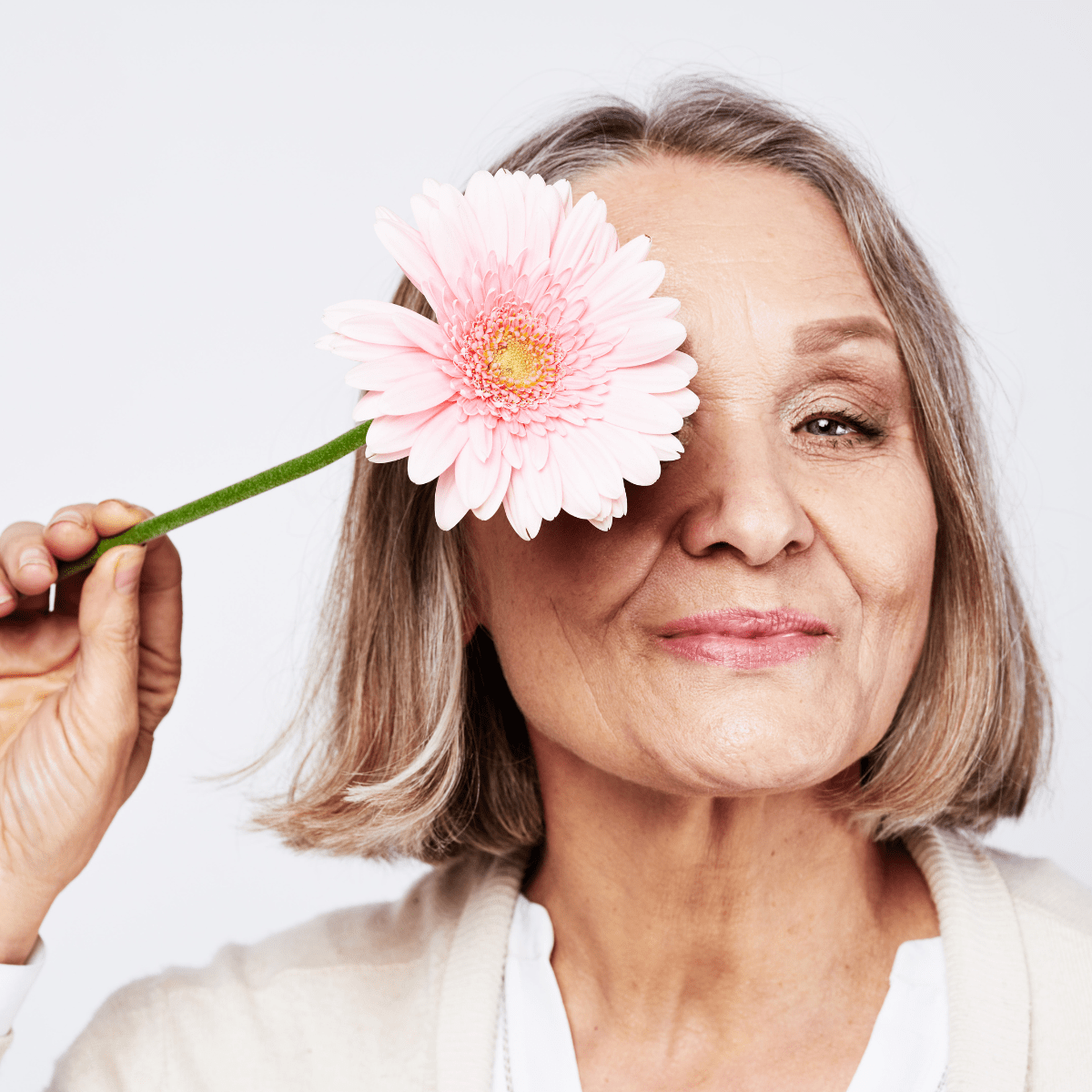Menopause Awareness Month
It’s Menopause Awareness Month which is celebrated every October. As a passionate advocate for supporting women’s health and a voice for taking a more natural approach to the transition of menopause, I wanted to speak this week about some evidence based effective treatments to support women through this time. These methods emphasise lifestyle and nutritional changes as well as herbal and dietary supplements supported by research, to help alleviate common symptoms of the menopause such as hot flashes, night sweats, irregular bleeding, mood issues and insomnia.
I would also like to stress that it’s important to remember that not every woman has symptoms during the menopause, despite what we are sometimes led to believe. It is estimated that 1 in 4 women are completely symptom free through this transitionary period of their life, and only 1 in 4 will experience any severe to debilitating symptoms. Therefore it is so important to listen to your own body, at your own symptoms (if any) and look for treatments based on your own individual experience.
Dietary modifications can play a key role in symptom management and this is something which is often not spoken about in conventional medicine. Studies show that incorporating phytoestrogen-rich foods, such as soy, flaxseeds and legumes, can mimic oestrogen in the body and help reduce symptoms such as hot flashes and night sweats. A diet rich in wholegrains with lots of fruits and vegetables, particularly those high in antioxidants, can also help support hormonal balance which can become out of equilibrium during the menopause and help reduce inflammation. Symptoms of inflammation during menopause include joint pain, weight gain, fatigue and mood disorders such as anxiety and depression. Limiting caffeine and alcohol intake, known triggers of hot flushes, is another widely recommended best practice during the years of perimenopause and beyond. Having embedded a new intermittent fasting regime including 2:16 hour fasting windows, I am now ready to start a trial of the combination of probiotics and herbal support from ‘The Better Menopause’ supplement company. I will let you know how I get on, particularly with my sleep which continues to be troublesome.
Exercise is another evidence-based natural intervention shown to improve symptoms caused by the menopause. Weight-bearing exercises like walking or resistance training help preserve bone density, a critical concern for postmenopausal women where the risk of osteoporosis increases, so it’s important to begin exercising in this way during perimenopause to help prevent this disease in later life. Yoga and other stress-reduction exercises have been shown to improve sleep, mood, and overall well-being, whilst reducing the intensity of menopausal symptoms like hot flushes.
Herbal remedies also hold a lot of promise and there are some exciting studies ongoing. For instance red clover can be used to reduce frequency and severity of hot flushes and night sweats as they contain Isoflavones which also produce oestrogen like effects in the body. Saffron can help with hot flushes and with low mood disorders such as depression as can St John’s Wort, which is one of the most well studied herbs around anxiety and depression. You’ll often find some of these ingredients in a good herbal supplement for the menopause. There are many other herbs with a lot of traditional use and some with many modern science backed research proving their role in helping women manage the menopause symptoms. However, I should caveat that herbal supplements should always be used under the guidance of a healthcare provider to ensure safety, especially for women with pre-existing conditions or those taking other medications.
Lastly, I’d love to mention the often forgotten mind-body therapies which can have such a positive effect. These would include therapies such as acupuncture, mindfulness, meditation, and cognitive-behavioural therapy (CBT). These have shown efficacy in easing mood disturbances, anxiety, and sleep issues related to menopause. Studies have highlighted that acupuncture can reduce hot flashes and improve quality of life, while mindfulness-based practices promote emotional balance.
If you are a woman experiencing debilitating symptoms or know someone that is remember there is so much from the Integrative Medicine toolbox we can look to help together. These evidence-based natural approaches can empower women to manage menopause more holistically and effectively.
Dr Elizabeth Thompson


